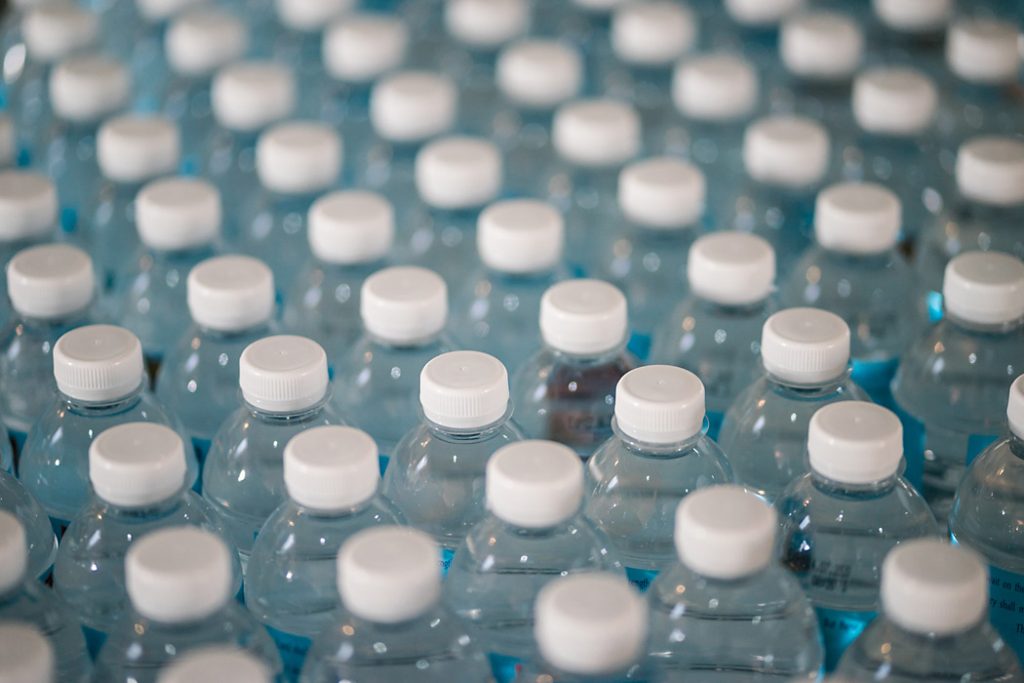
We’ve all been drilled on plastic’s less-than-kind relationship to our ecosystem—so much so that bringing up the word “plastic” among climate activists is almost as offensive as speaking the name “Voldemort” to wizards. However, by understanding the characteristics of plastic, we can demystify our plastic problem and clearly identify short- and long-term solutions.
Plastics are not inherently evil. They are used in clothes, medical devices, and food packaging, all to support our comfort, health, and well-being. Plastic is cheap and easy to mold, with a variety of uses. It is made from polymers, a grouping of repeating molecules chained together, which are often found in nature. So why is this miraculous material so harmful?
The answer to this question partially lies in the type of plastic we are talking about. Many plastic products are made of synthetically engineered polymers from petroleum oil. This is problematic because when oil is extracted from the earth, it brings along previously sequestered carbon, which makes its way into our atmosphere and contributes to global warming. This is where bioplastics reign supreme. Bioplastics, as the name entails, are made from biological material, namely sugars from plants like corn or sugarcane. These plastics do not emit any more carbon than what is already in the biological material used. Contrast this with petroleum plastics—which bring carbon up from deep within the earth—and bioplastics seem like an easy fix. Bioplastics also biodegrade, unlike petroleum-based plastics, which can stick around for centuries, or even longer.
So now that we understand why not all plastics are evil, you may be wondering why we don’t just shift entirely to the good stuff. Well, as it turns out, there is one more piece to this puzzle—us. As of right now, we do not have the domestic recycling infrastructure required to address the growing demand for single-use plastic products. Even bioplastics need to be properly recycled before they can effectively decompose, and America is overloaded with plastic waste right now.
In the past, the U.S. had resorted to shipping much of its plastic to China for recycling. Nearly 70 percent of the world’s plastic waste went to China—until 2018, when China banned almost all imports. Now, a measly 9 percent of total plastic is actually recycled.
Two things need to happen to mitigate this problem. The first is that we need to invest in more industrial composting and recycling facilities that can break down bioplastics and manage our current petroleum-based plastic problem. The second is that we must hold policy makers, businesses, and ourselves accountable for restricting our plastic usage until these measures are in place. It is important that we talk with our local government representatives to consider implementing bans on plastic straws, bags, and single-use containers whenever possible. We should also increase our awareness of our individual consumption and disposal habits, to mitigate the amount of plastic we are sending to landfills.
Plastic has helped us live happier, healthier lives, but we have not set up the proper channels or used the right kind of plastics to make their consumption sustainable. By switching to bioplastics, making our voices heard at the local level, and limiting our plastic consumption whenever possible, we can see changes in the right direction. We must give plastic both the credit and mindful respect that it deserves, and learn to embrace these sustainable practices to secure a clean environment for our future.
TerraCycle Fairfield is exploring compostable takeout options. If you are interested in the project or operate a compost facility in Iowa and would like to partner with them, please contact TerraCycleFairfield@gmail.com.
